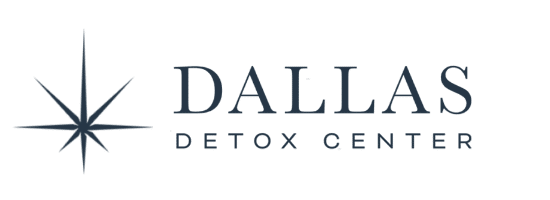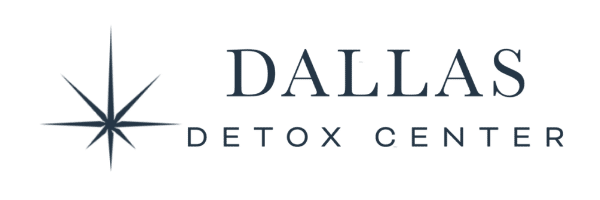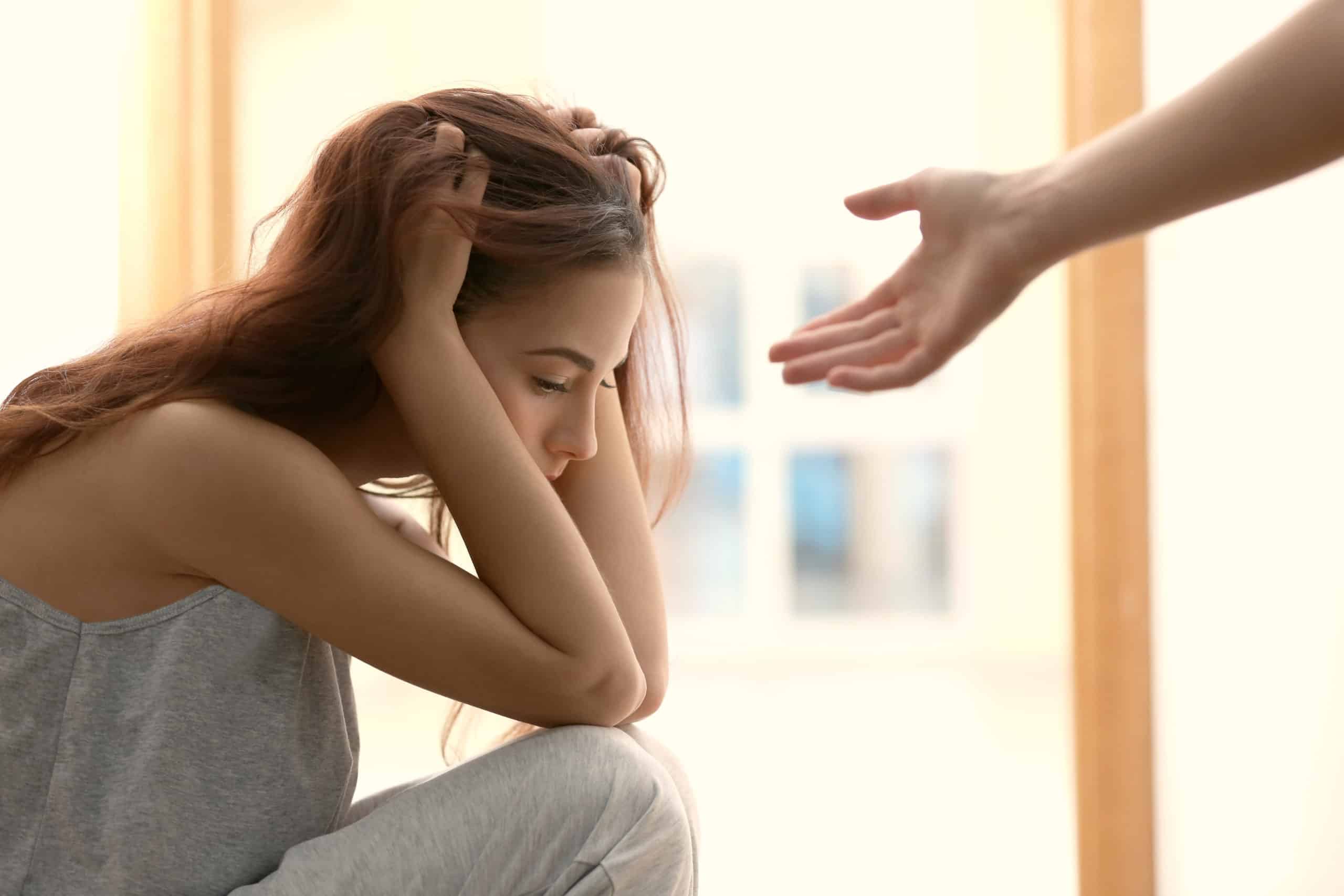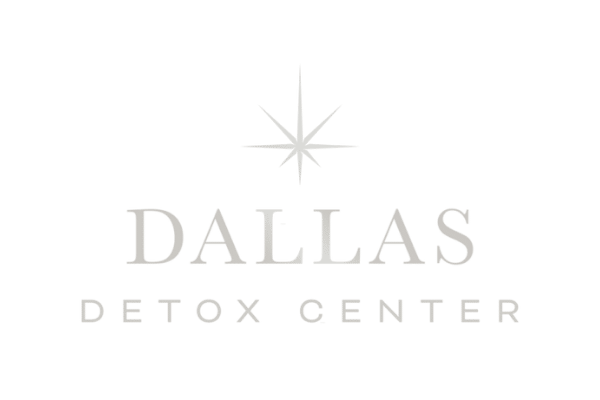If you have struggled with addiction and overwhelming feelings of sadness, you might wonder, does depression cause addiction? There are significant links between depression and addiction in what, for many people, it’s a never-ending cycle. Depression can cause addiction, and addiction can subsequently cause increased depression. That increased depression can increase your addiction until things spiral out of control.
What is Depression?
Depression, sometimes called Major Depressive Disorder, is a serious medical illness. Depression affects your mental health and is significantly more common than you might realize. Depression causes severe feelings of sadness that can result in changes to the way you think, feel, and behave. It can lead to emotional and physical problems, resulting in losing interest in activities you previously enjoyed.
- Severe depression affects an average of one in six people at least once in their lives and 7% of people regularly.
- One-third of people with major depressive disorder also have alcohol problems.
Depression can run in your family, and it can manifest based on low self-esteem or continuous exposure to neglect, abuse, or violence.
Now that you know what depression is, the lingering question still stands: does depression cause addiction?
How are Depression and Addiction Related?
Depression and addiction are often related. Changes to the chemicals in your brain can increase your depression. Addiction to certain substances can cause those changes.
When this happens, you face chronic depression. This means you have serious, long-term feelings of worthlessness, a lack of physical activity, trouble sleeping, changes in your appetite, problems thinking or concentrating, and sometimes even thoughts of suicide.
The more you have these feelings, the more likely you are to seek treatments in the form of self-medication, usually with the drugs that cause the feelings or make them worse.
The more you abuse drugs, the more they change the chemicals in your brain, and the more depressed you can become.
In some situations, your depression can cause addiction because you have a genetic predisposition to both depression and addiction. If addiction runs in your family, as does depression, you might inherit both sets of genes. This means you are more likely to become addicted when you try a substance for the first time, and your addiction is more likely to be severe.
What is Dual Diagnosis Treatment?
Knowing the answer to the question “does depression cause addiction” means you need a treatment plan that helps you tackle both problems. Addiction is a disease, and depression is a serious mental health problem. This is where dual diagnosis treatment comes into play.
Dual diagnosis treatment is where you get treated for your substance abuse disorder and a co-occurring mental health disorder. Many people have significant interactions between these two conditions, and if they only treat one, they are more likely to relapse.
With dual diagnosis treatment you can get medication to change your brain chemistry, like antidepressants. You can also undergo psychotherapy or cognitive behavioral therapy to help you recognize negative thinking and change your thoughts and, subsequently, your actions. Different therapies and medications can be used after you have undergone detox to address your substance abuse to have the highest chance of long-term success. These therapies, like cognitive behavioral therapy, give you coping mechanisms that you can use long-term to deal with your depression, avoid significant relaxes, and live a happier, healthier life.
Getting help for your mental health issues, like depression, can give you quality recovery plans that address the underlying issues which may have contributed to or caused your addiction while also helping you to achieve the highest possible chance of a complete recovery.
- Dual diagnosis treatment addresses your substance abuse needs and your mental health needs.
- Dual diagnosis can include traditional psychotherapy, prescription medication for depression, and alternative therapies like yoga & meditation.
- Dual diagnosis therapy means you have more choices, and you can include other members of your family and household in your treatment process, like your partner or spouse, children, or parents.
Dual Diagnosis Treatment in Dallas, TX
Depression can lead to many other problems, including substance abuse and addiction. If you are struggling, let Dallas Detox help you with a dual diagnosis treatment to tackle not just your substance abuse but your underline depression and anxiety so that you have the tools for lifelong recovery.
Taking steps toward your recovery can be scary and overwhelming, but we can help you.







